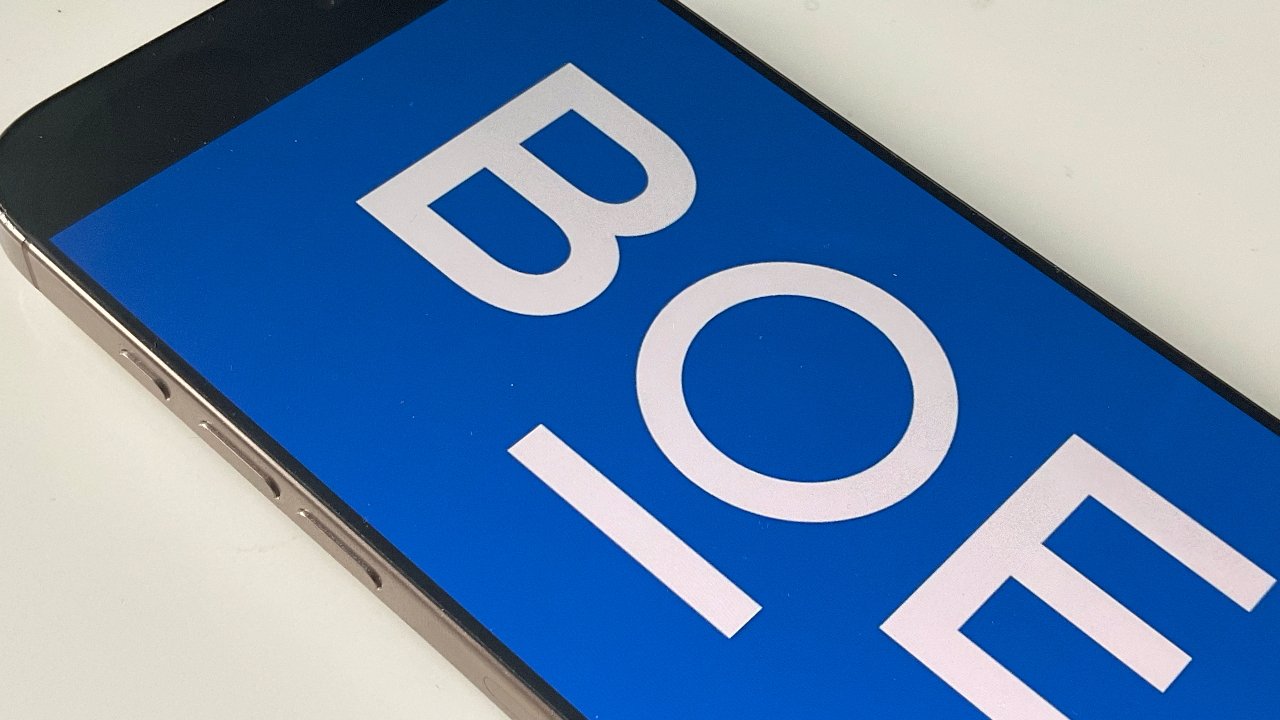The Department of Justice (DOJ) is proposing Google sell two of its advertising products following a judge’s ruling that the tech giant illegally acquired and maintained a monopoly in the ad tech sector.
In a late-night filing Monday, the DOJ urged a Virginia federal court judge to order Google to divest its AdX exchange business and conduct a “phased” sale of its DoubleClick for Publishers (DFP), a platform bringing together publishers.
The proposal comes just weeks after U.S. District Judge Leonie Brinkema found Google had a monopoly over two separate markets in the ad tech space, which helps connect publishers selling ad spaces online to advertisers.
“Plaintiffs have proven that Google has willfully engaged in a series of anticompetitive acts to acquire and maintain monopoly power in the publisher ad server and ad exchange markets for open-web display advertising,” Brinkema wrote in her ruling last month.
In a response filing Monday evening, Google argued the sale of AdX and DFP is not “logistically unworkable,” maintaining the products will not work outside of Google’s proprietary software.
The technology company said building an equivalent of AdX or DFP to operate outside of Google with a third party would take “at the very minimum five years,” but likely more time.
“By the time the new versions are created, the place and competitiveness of those tools in the highly dynamic ad tech industry may well be completely different than when divestiture was first ordered,” the company wrote.
Lee-Anne Mulholland, Google’s vice president of regulatory affairs, said Tuesday the DOJ’s proposed remedies “go significantly beyond” the court’s ruling.
“This would risk breaking a tool advertisers use to connect with publishers and efficiently reach their customers, and that app and video publishers use to monetize their content — businesses that aren’t even part of the narrow market of ‘open web display ads’ at issue in this case,” she wrote in a blog post.
Instead, Google is proposing changes to “minimize disruption,” such as making real-time bids for ads from AdX available to competitor ad servers.
In court last September, the government alleged Google used acquisitions and tied products together to eliminate competition and create dominance over online advertising.
Google, meanwhile, argued there was one, unified market for ad tech that extended beyond online ads to include those on apps, social media and connected television. The tech firm argued it still faces competition from other companies like Microsoft, Meta, TikTok and Amazon.
Brinkema largely sided with the DOJ on the layout of markets in the ad tech space, finding a publisher market and an ad exchange market connecting publishers and advertisers.
Still, Google declared a partial victory last month, saying it “won half of this case and we will appeal the other half.”
Brinkema sided with Google in finding there is no separate advertiser market for online ads and determining the company’s 2008 acquisition of DoubleClick and 2011 acquisition of Admeld were not anticompetitive.
“The Court found that our advertiser tools and our acquisitions, such as DoubleClick, don’t harm competition,” Mulholland said in a statement at the time.
“We disagree with the Court’s decision regarding our publisher tools,” Mulholland added. “Publishers have many options and they choose Google because our ad tech tools are simple, affordable and effective.”
Google and DOJ will face off in court in September for remedy hearings.
The technology company is facing a separate federal ruling that the company held a monopoly over online search.
The DOJ is seeking to break up the company in that case, asking the court to force Google to divest from its Chrome web browser, in addition to sharing its search data and syndication with rivals.
The remedies hearing in that case is ongoing.









